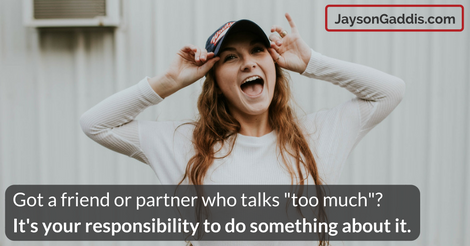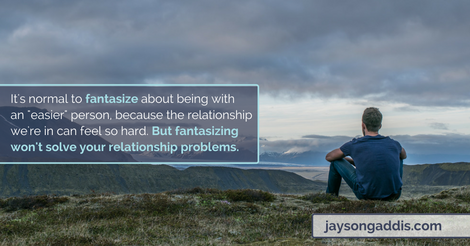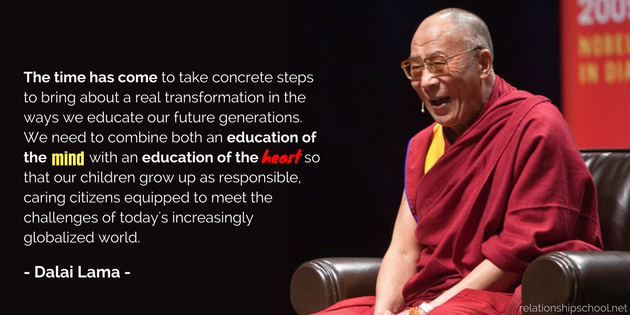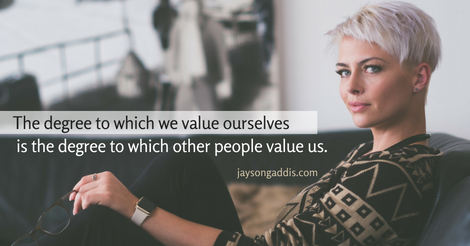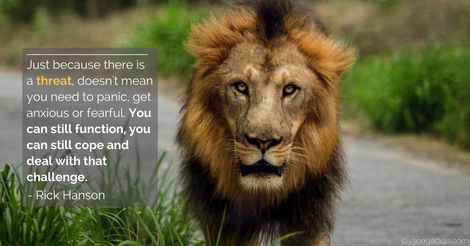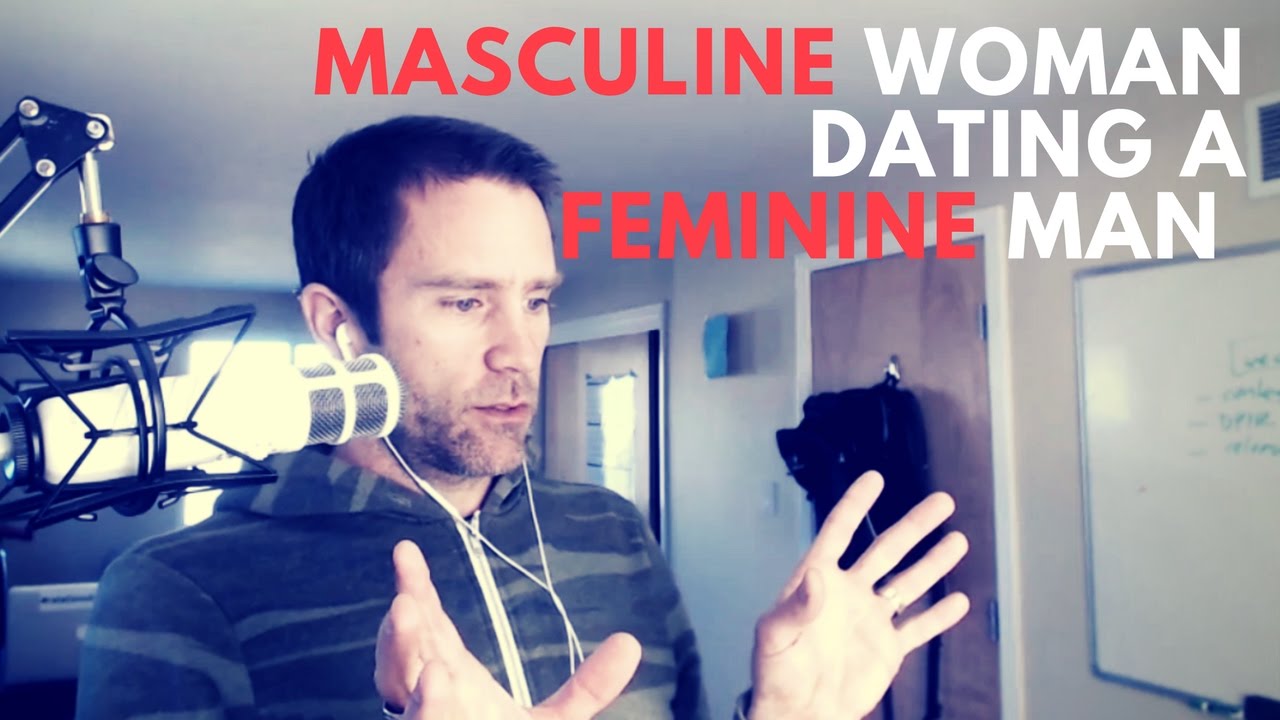

It is possible to rewire your brain in relationships and build inner strength. In fact, if you don’t work toward this, you’ll be in trouble down the road when the allostatic load catches up to you later in life. In this episode I interview Dr. Rick Hanson. He’s a passionate expert on mindfulness, the brain, neuroscience and relationships. We geek out on the intricacies of the brain but he also brings some very practical tools and insights on how we can improve our relationships by using the natural genius of our mind. Lots of notes to take on this one! Hang in there. It can get dense.
SHOWNOTES
- Why Jayson was anti-marriage until age 34 [2:00]
- How did Dr. Hanson get so passionate about brain science and relationships? [11:00]
- A Native American story about love and hate [13:00]
- Why is so difficult for couples to work their shit out? [17:30]
- What are two lessons from the wiring of our ancestors’ nervous systems? [19:30]
- Two practices to rewire your brain to build your inner psychological strength [22:00]
- How to stop the negativity train of our mind when we’re already triggered [25:00]
- Tips for developing ourselves before we get into a fight with our partners [32:30]
- What happens in our brains when we are triggered by our partner? [46:00]
- How being chronically frustrated, lonely, let down, disconnected impacts the brain and body. [51:30]
- The ratio between positive interactions and negative interactions [60:00]
- A 10-day challenge to the listener on how to radically shift the dynamic in your relationship. [65:00]
HELPFUL LINKS
ARTICLES & PODCAST EPISODES MENTIONED
GUEST BIO

Rick Hanson, Ph.D., is a psychologist, Senior Fellow of the Greater Good Science Center at UC Berkeley, and New York Times best-selling author. His books are available in 26 languages and include Hardwiring Happiness, Buddha’s Brain, Just One Thing, and Mother Nurture. He edits the Wise Brain Bulletin and has numerous audio programs. A summa cum laude graduate of UCLA and founder of the Wellspring Institute for Neuroscience and Contemplative Wisdom, he’s been an invited speaker at Oxford, Stanford, Harvard, and other major universities, and taught in meditation centers worldwide. His work has been featured on the BBC, CBS, and NPR, and he offers the free Just One Thing newsletter with over 120,000 subscribers, plus the online Foundations of Well-Being program in positive neuroplasticity that anyone with financial need can do for free.

